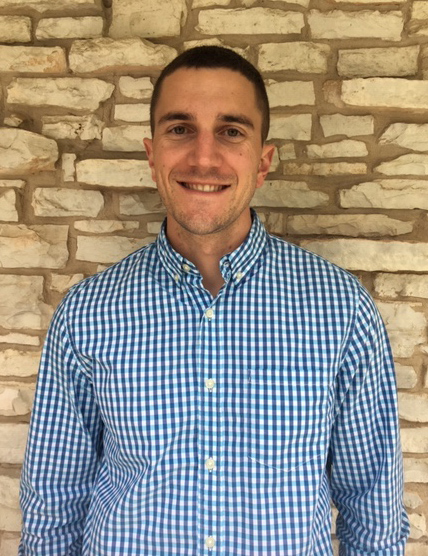Fellows as Leaders Inside and Outside the ICU
By: John Hunninghake, MD
July 10, 2019
“I don’t have time to focus on the qualities of being a good leader for the ICU team. I have too many sick patients and not enough time.”
“How does this veteran attending expect me as a first-year fellow to lead this team of new interns and residents in a busy medical ICU, in an unfamiliar setting, with nurses who have been practicing since I was born?”
“Why do I need to learn how to be a good leader?…I just want to be a good doctor and see patients.”
I have experienced these existential thoughts about leadership at various times during my 3-year fellowship. In talking with other co-fellows across the country, it not uncommon to question how to effectively lead inside the ICU where intense resuscitations, pressured decisions, and complex multidisciplinary interactions are daily occurrences. We did not necessarily go to medical school to learn how to be good leaders nor did we expect to “need” leadership training. However, in our current reality of interprofessional teams and multidisciplinary rounds, being a good and effective leader is arguably the most important quality of a critical care physician.1 Just as medical knowledge is crucial to being a successful clinician, learning how to lead a team is crucial to the quality of patient care and your personal future success as a physician leader. So how have I, as a fellow, learned how to overcome those overwhelming thoughts of individual inadequacy and responsibility in order to focus on leadership development within a critical care team?
First, start with your own personal example. The behavior of a team leader is a well-documented contributor to team effectiveness.1 Communicate clearly amongst your team, and actively listen to what they have to say.2 Actively solicit viewpoints from other members of the team. Set the tone on rounds to make it a safe space. Create a learning environment where our ICU team members feel safe and empowered to contribute to the decision-making about patient care and even disagree with the ICU leader. Promoting a team culture of shared inquiry and intellectual discovery will allow you to demonstrate your genuine interest in the growth of teammates.
Second, recognize personal and systematic challenges to execution of effective leadership. Address barriers and find solutions. Develop a situational awareness for the details that matter. When you encounter a new challenging situation for your team or one that your team can solve, don’t be afraid to ask for help from a more experienced clinician. As fellows, we are fortunate to have staff that provide guidance and experience. Upon graduation, we will need to maintain mentors who will continue to act as our role models and reassure us in times of need.3
And finally, don’t let your “leadership star” shine only in the ICU. Be a role model outside of the ICU and inspire others to lead. Translate your skills of leading a complex ICU resuscitation into directing a working group or task force that addresses a challenging systems issue. There are many opportunities to lead in your hospital, academic institution, community, and nationwide. National organizations like CHEST provide many opportunities to learn from experienced leaders and hone your skills outside of the ICU. As a member of the CHEST Trainee Work Group, I have learned firsthand about the intention of CHEST to engage fellows and mentor the next generation of physician leaders. Accepting new leadership challenges in different environments will allow you to grow as a leader, physician, and person. Remember, learning to be an effective leader is a lifelong endeavor, just like learning to be a successful physician.
References
- Manthous C, Nembhard IC, Hollingshead IB. Building effective critical care teams. Crit Care. 2011;15:307.
- ATS Fellows Corner. How to lead a team in the ICU. ATS News. 37;12:2011.
- Ashton RW, Burkart KM, Lenz PH, Kumar S, McCallister JW. Strategies for success in fellowship. Chest. 2018;153(1):233-237.

About the Author
John Hunninghake, MD, is currently a third-year pulmonary and critical care fellow at Brooke Army Medical Center in San Antonio, TX, where he will be remaining as staff upon graduation in June 2019. He is a former chief fellow who has held multiple leadership positions at the local and national level. He is currently involved in the CHEST Trainee and Transitions Committee as a member of the Trainee Work Group.